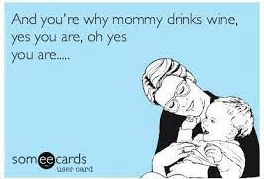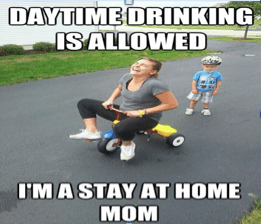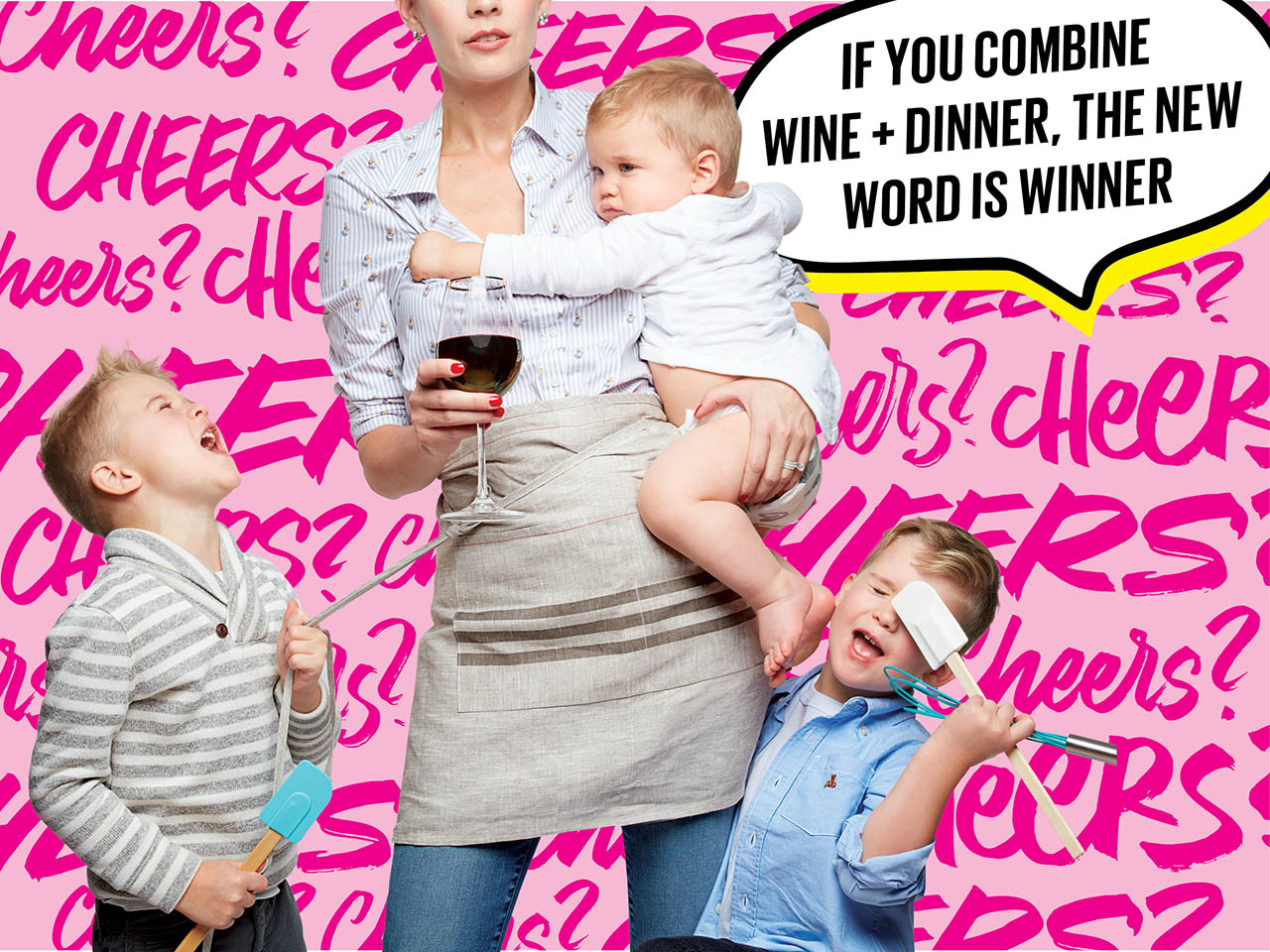So it has been a week since we started our #GSUwhyshedrinks class and I am already blown away by how deep the subject of women and drinking is in our society. Before starting the class, I did see women drinking as a social issue. However, by the end of the class, I think I may change my viewpoint. That is why they say information is power, right?
One of the topics that really intrigued me is how drinking is on the rise especially for women. Researchers are calling the rise “a public health crisis” and are concerned at the narrowing of the gender gap in drinking disorders between men and women. This data was very alarming to me. I was not aware statistically at how many women were turning to alcohol to solve their problems. Moreover, we talked about how this rise is being fueled by media and marketing ads targeted at women. It seems like alcohol companies are taking advantage of this crisis and using it to increase sales.
I decided after class to look more into how marketing companies were targeting women. I was amazed at how many advertisements played off of the nurturing aspect of women. I also found hundreds of memes that promoted women having there daily sip of “Mommy Juice”. Furthermore, there is a huge market for mommy juice merchandise that ranges from $3 – $30 dollars. If I was a stressed-out mother I would surely find solace online from all the mommy juice memes.
Recently, I came across a blog by a mom who I believe hit the nail on the head. She wrote, “I don’t blame memes for my alcohol addiction, but I do believe they play a part in desensitization. They made me feel like it was normal. They made it much easier to rationalize. I deserved those drinks because I was a mom and, gosh darn it, I work hard to be a good mom. I felt like I was fitting in where I never really felt that way in real life.“According to her, you cannot get away from the “mommy juice” memes. They are on every social media site and as a mom who follows motherhood pages, you will surely be influenced in some way by these wine promoting memes.
Another thing I noticed, even before starting the class, is how many ads are targeted at young (18-34) single women. Many of these liquor ads glamorize women having a drink with friends out on the town. Like the author of the blog noted, drinking is promoted as a way to fit in with the “cool” people. In fact, drinking is so normalized that if you do not drink, you are seen as weird.
As someone who does not drink, I can say that when you stop drinking, it does seem like you cannot have as much fun because drinking is so closely tied to the idea of being a young happy millennial. I am excited about this class, because I will be able to dissect some of these ideas around drinking. I am learning that the media plays a huge role in why I used to feel “left out” when I stopped drinking.
I started to think about many of the shows I watched that have female leads. Most of the characters use alcohol as part of there coping method. In fact, I do not think I have seen an American TV show or movie that did not promote drinking alcohol. Again, drinking alcohol has been normalized in every genre and it almost seems weird if you do not drink.
In conclusion, alcohol use among women is on the rise. More and more women are turning to alcohol to help decrease stress. As a future dietitian and health professional, I hope to learn about the tools I need to help address this growing problem in women. I believe this class will provide me with a framework to help solve this developing social issue.












